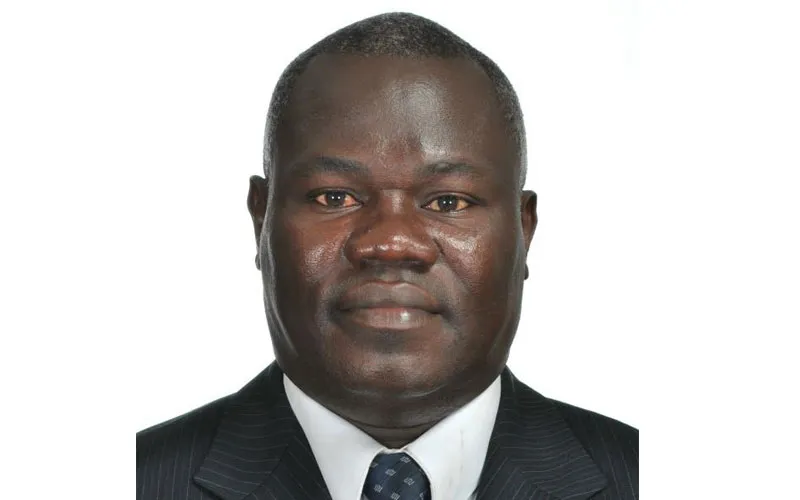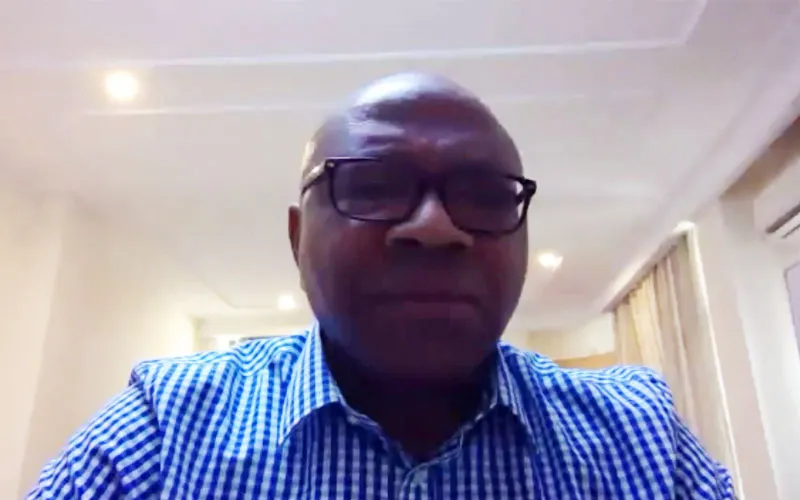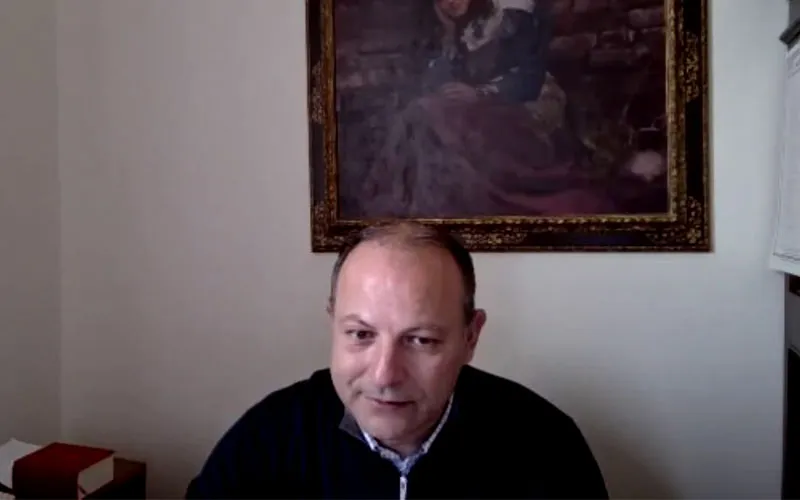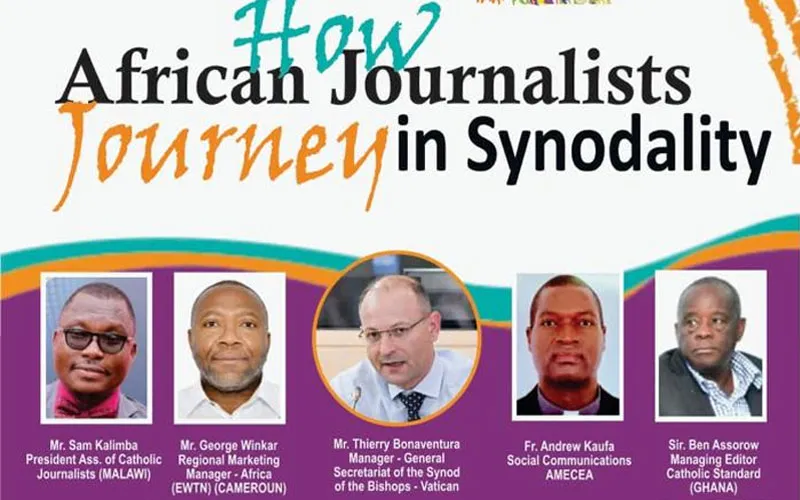Catholic journalists in Africa need to give voice to the voiceless, the Vatican-based Synod official also said.
“Everybody in Africa needs to know that he/she is able to speak freely and that Pope Francis will hear his/her voice,” he said, and continued, “There will be no good work done, good process, or good report if we fail in this, no matter the results.”
Mr. Bonaventura said, “The synod process should be a process of evangelization in a certain way, a new evangelization also of those who already belong to the church, and so it is clear that the participation of African journalists is important.”
In his opening remarks at the March 26 virtual meeting, the immediate former president of the Union of the African Catholic Press (UCAP), George Sunguh, said, “Pope Francis has declared that synodality is what God expects of the Church in the 21st century. He has put his transformative stamp on the meaning and conduct of synods, saying that a synod involves mutual listening in which everyone has something to learn.”
 George Sunguh, former president of the Union of the African Catholic Press (UCAP). Credit: George Sunguh
George Sunguh, former president of the Union of the African Catholic Press (UCAP). Credit: George Sunguh
(Story continues below)
Pope Francis, Mr. Sunguh added, “warned that a Synod can run the risk of being a mere formal external event, instead of being – a process of authentic spiritual discernment that we undertake, not to project a good image of ourselves, but to cooperate more effectively with the work of God in history.”
“For this, we need content, means, and structures that can facilitate dialogue and interaction within the People of God, especially between Priests and Laity,” the Kenya-based member of the Vatican’s Communication Commission of the Synod of Bishops, said.
On his part, EWTN’s regional marketing manager for Africa, George Wirnkar, said, “The synodal journey is meant for us to ask ourselves how we ought to prepare in such a way that our Church can be a church that reflects all the people that constitute it.”
 George Wirnkar, EWTN’s regional marketing manager for Africa. Credit: Courtesy Photo
George Wirnkar, EWTN’s regional marketing manager for Africa. Credit: Courtesy Photo
“Pope Francis is asking us to talk to each other about how we share the Gospel of Christ amongst us,” Mr. Wirnkar said, and posed, “How do we bring this to people who Are not in our fold?”
In disseminating information about the synodal journey, the Cameroonian EWTN official said, “Africa is very short on media outlets. And which means we might end up just preaching to the same people who already know what we're talking about.”
“No matter how rich our conversation is as a Church, if we don't have the right and appropriate resources in human beings and institutions, it will be hard to bring this to the world,” he said.
Mr. Wirnkar also said Catholic journalists in Africa “need to bring this message of our sharing and our discussions beyond the people who had these conversations and to bring the good news to young people who are either outside the Church or on the edges.”
Jude Atemanke is a Cameroonian journalist with a passion for Catholic Church communication. He holds a Bachelor’s Degree in Journalism and Mass Communication from the University of Buea in Cameroon. Currently, Jude serves as a journalist for ACI Africa.
 Thierry Bonaventura, Communication Manager of the General Secretariat of the Synod of the Bishops at the Vatican. Credit: Courtesy Photo
Thierry Bonaventura, Communication Manager of the General Secretariat of the Synod of the Bishops at the Vatican. Credit: Courtesy Photo




 George Sunguh, former president of the Union of the African Catholic Press (UCAP). Credit: George Sunguh
George Sunguh, former president of the Union of the African Catholic Press (UCAP). Credit: George Sunguh George Wirnkar, EWTN’s regional marketing manager for Africa. Credit: Courtesy Photo
George Wirnkar, EWTN’s regional marketing manager for Africa. Credit: Courtesy Photo


